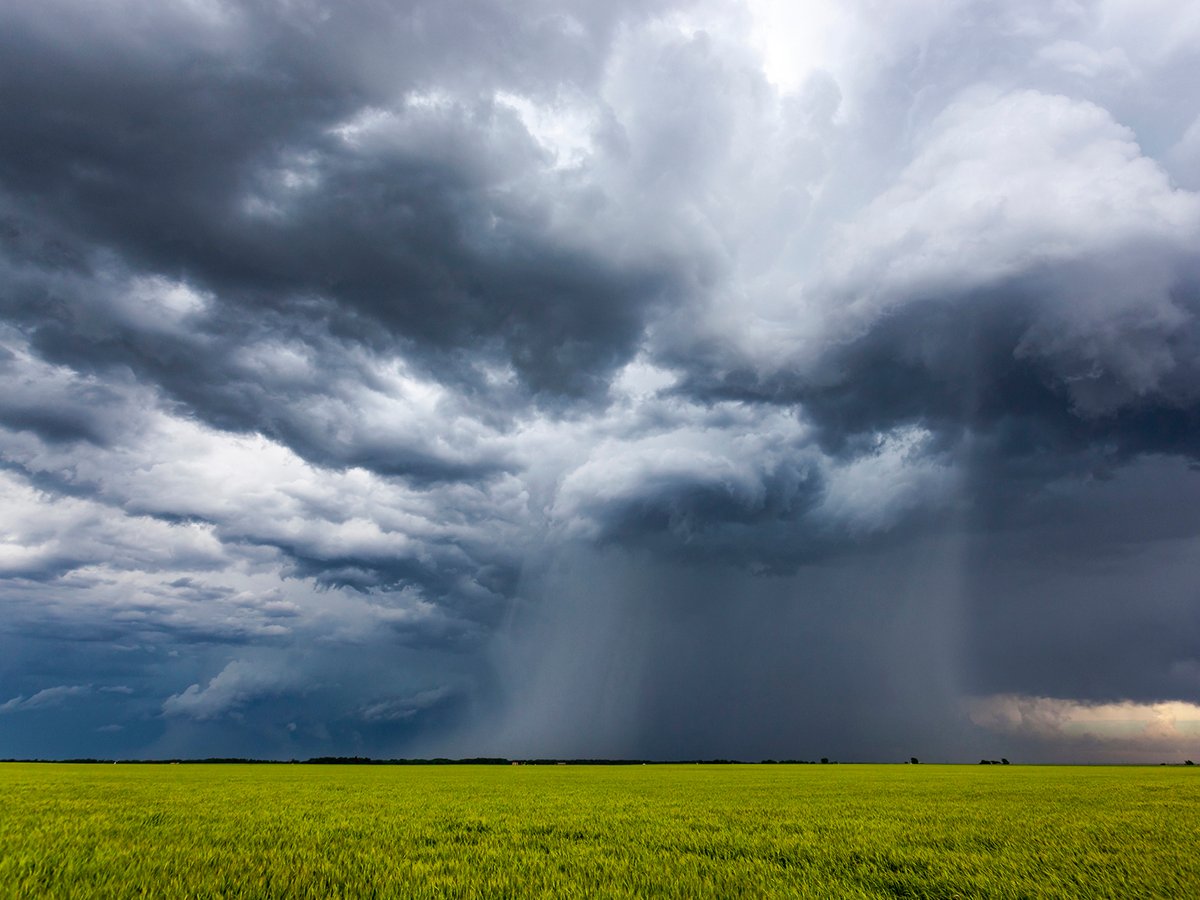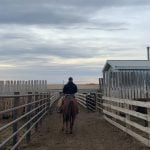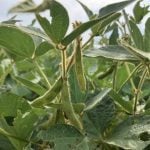A new program will show cattle producers how their management practices can reduce greenhouse gas emissions.
The Canadian Cattlemen’s Association has launched a demonstration under the federally funded Greenhouse Gas Mitigation Program for Canadian Agriculture.
Pat Walker, who co-ordinates the program for the beef industry, said it will identify and highlight best management practices that reduce greenhouse gases and increase carbon sink capabilities in soils and grasslands.
These include quality forages for grazing, improved manure handling and balanced feed rations.
“There are a number of best management practices that producers could use for economic reasons that just happen to also reduce their greenhouse gas emissions,” said Walker.
Read Also

Extreme rain increases as planet warms
In this issue, we are going to wrap up our look at extreme rainfall by examining the different weather patterns that tend to be associated with these rainfall events.
Producers can learn more first-hand through on-farm demonstrations, field days and tours. CCA will also work with grazing associations, provincial beef groups and research facilities.
A greenhouse gas calculator being developed by the CCA will help producers see the impact of their practices on the environment.
Walker said this knowledge could benefit producers in the future, if the government decides to pay them for their land’s role in trapping carbon or gas in the soils.
Ten percent of Canada’s greenhouse gas emissions are produced by agriculture, one of several sectors expected to lower emissions under the Kyoto Protocol.
Other groups delivering similar greenhouse gas mitigation programs include the Canadian Pork Council, Dairy Farmers of Canada and Soil Conservation Council of Canada.














